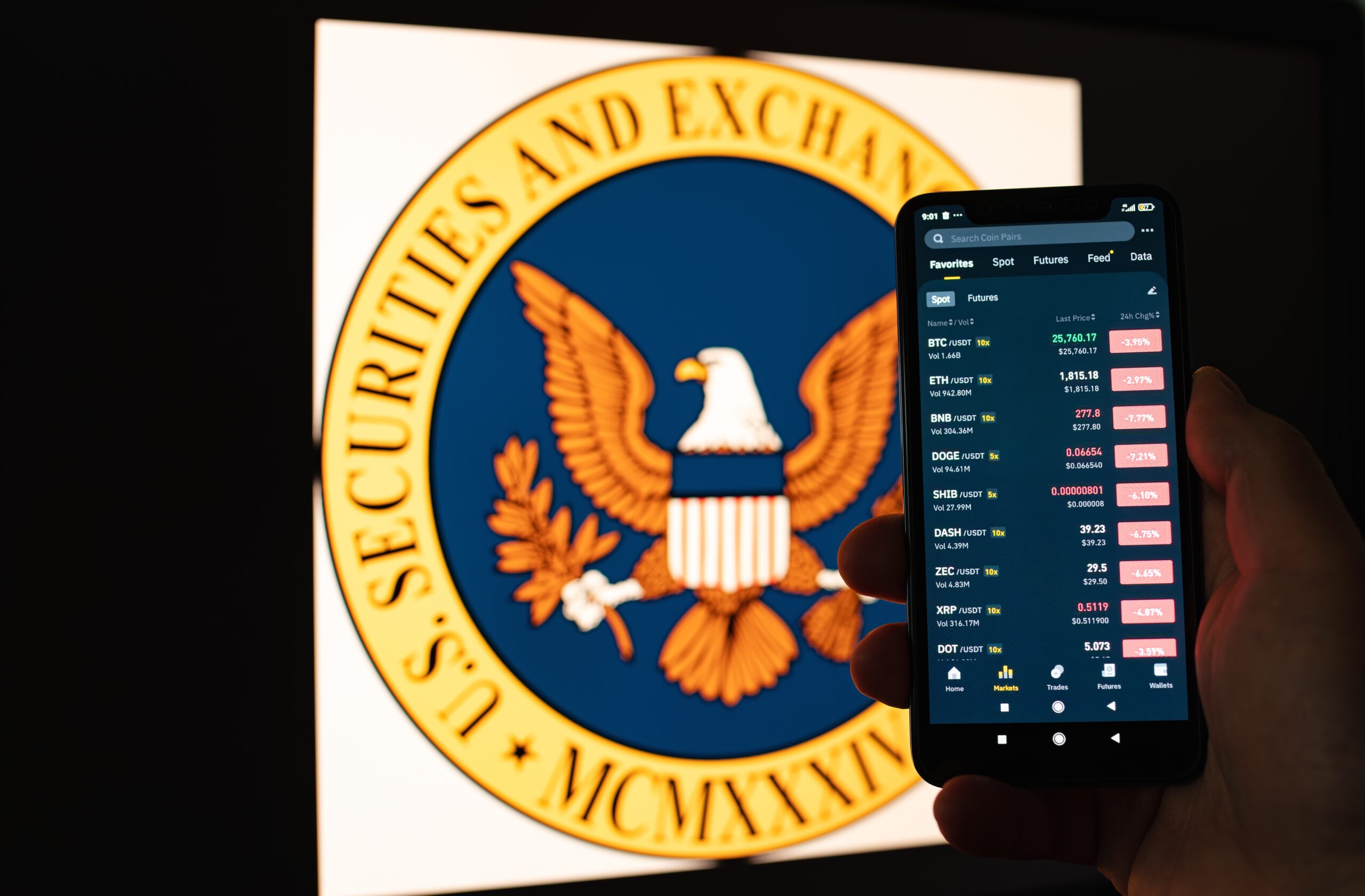Circle, the issuer of the stablecoin USDC, has actively intervened in the ongoing Securities and Exchange Commission (SEC) lawsuit against the leading crypto exchange, Binance. The crux of Circle’s argument is that financial trading regulations should not be extended to stablecoins, especially when their value is pegged to other assets.
Earlier this year, Binance found itself under the regulatory spotlight when the SEC accused it of multiple legal infringements. The charges were centred around facilitating trades in cryptocurrencies like solana’s SOL, cardano’s ADA, and notably, Binance’s own stablecoin, BUSD. The SEC’s contention was that these constituted unregistered securities.
Major Exchanges Rally Against SEC’s Viewpoint
This lawsuit has rapidly escalated to become one of the most significant legal battles in the crypto sphere. Binance, along with other major exchanges such as Coinbase, is fervently arguing against the notion that cryptocurrencies fall under the purview of the stringent U.S. financial regulations.
Circle’s Argument: Stablecoins Aren’t Securities
Circle’s stance is clear: assets pegged to the dollar, such as BUSD and USDC, should not be classified as securities. This is primarily because users of these stablecoins do not anticipate profits from mere purchases. Circle’s official filing emphasised, “Payment stablecoins, on their own, do not have the essential features of an investment contract.” This essentially means they should be outside the SEC’s jurisdiction. They further bolstered their argument by referencing decades of case law which supports the view that an asset sale, devoid of any post-sale commitments by the seller, does not qualify as an investment contract.
SEC’s Counterpoint and Binance’s Response
The SEC’s perspective is that BUSD was marketed as an investment contract, given Binance’s promotion of it as a means to earn yields through reward schemes. In response, Binance, along with its U.S. subsidiary and its founder Changpeng “CZ” Zhao, have moved to have the SEC lawsuit dismissed. Their argument hinges on the belief that the SEC is overreaching in its attempt to regulate digital assets without the requisite congressional approval.
Notable Contributors to Circle’s Filing
Adding weight to Circle’s intervention is the fact that their filing, termed as an amicus curiae or “friend of the court” brief, has been partly authored by its Chief Legal Officer, Heath Tarbert. Notably, Tarbert is the former chair of the Commodity Futures Trading Commission, another U.S. federal regulator currently pursuing legal action against Binance.


